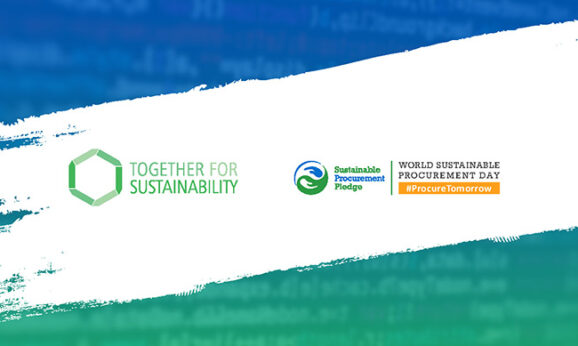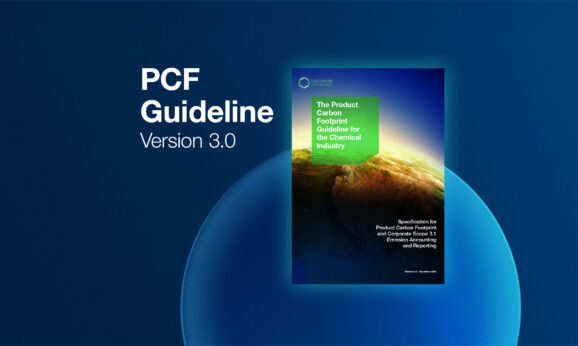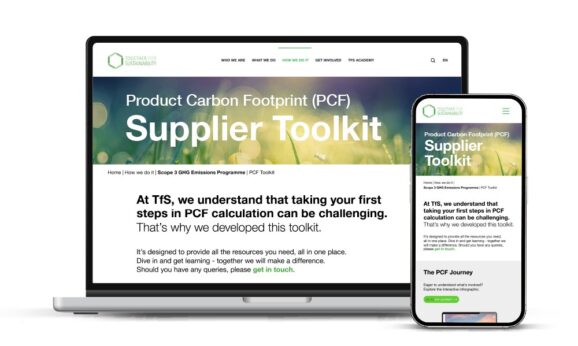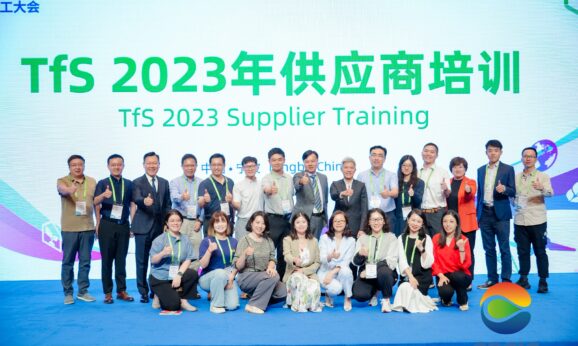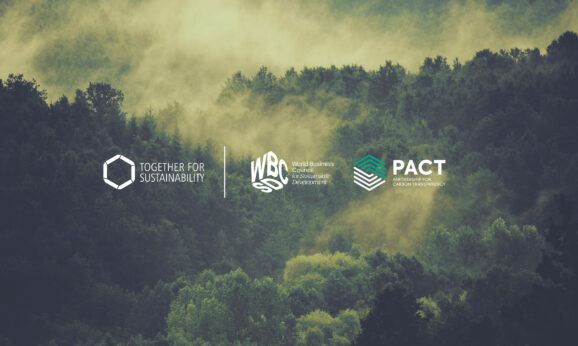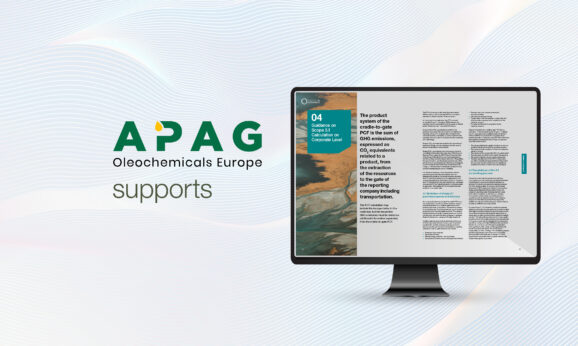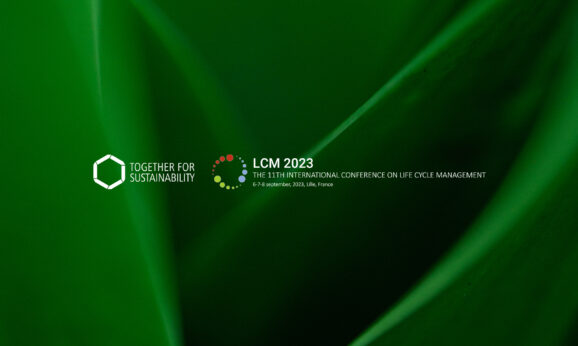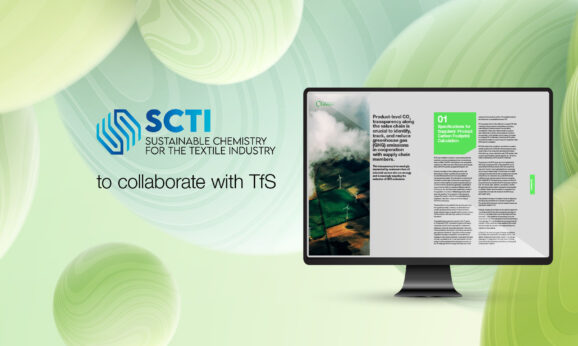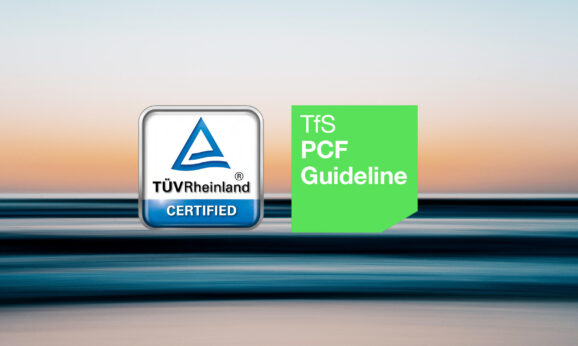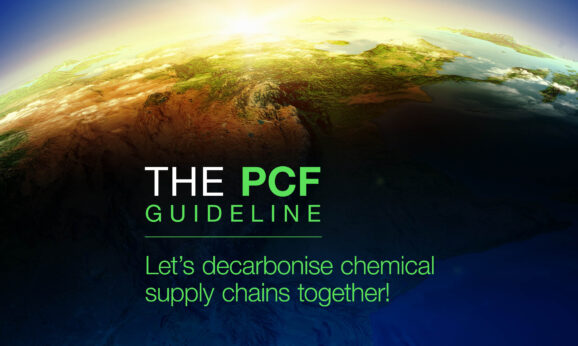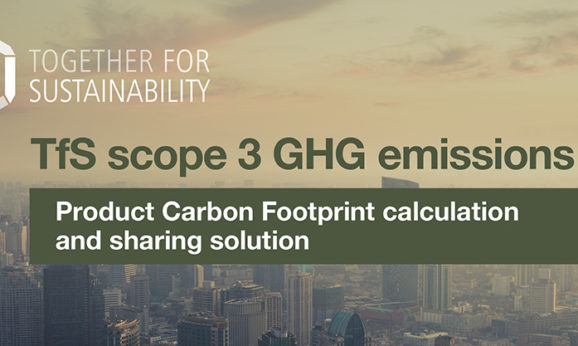CBA support for the TfS Product Carbon Footprint (PCF) guideline

The Chemical Business Association (CBA) is the voice of the UK chemical supply chain, representing and supporting the industry in addressing sustainability challenges, ensuring regulatory compliance, and facilitating international trade.
Following a detailed review, the CBA has adopted the Product Carbon Footprint Guideline for the Chemical Industry (TfS PCF Guideline) as part of its member-specific guidance and communications. This guideline sets out clear rules and calculation methods for upstream Scope 3 greenhouse gas emissions, fully aligned with ISO 14067 and the Greenhouse Gas (GHG) Protocol. It enables companies to generate more accurate and comparable carbon footprint data for products across their value chains.
Many CBA members face significant challenges in collecting reliable primary emissions data, which is essential not only for compliance purposes but to meet growing customer demands for transparency. One of the key advantages of this guideline is it details when and how to make accurate estimations in the absence of primary data. With expectations for businesses to measure and reduce their climate impacts rising globally, the need for standardised and harmonised PCF methodologies has never been greater.
By supporting the TfS PCF Guideline, the CBA reinforces its commitment to supporting members in improving data quality, streamlining reporting, and building trust with stakeholders. This is a vital step toward greater transparency, enabling the UK chemical supply chain to play a leading role in delivering credible climate action.
“Too often the chemical industry is seen as a polluter, but in reality, it is the key to a sustainable future. Chemicals underpin modern life – from food and medicine to the many products that protect public health – with over 97% of all manufacturing reliant on a chemical input. With sustainability as the golden thread running through everything we do, the TfS PCF Guideline is an important step towards greater transparency, trust, and credible climate action across the chemical supply chain.” – Tim Doggett, Chief Executive, Chemical Business Association
“Thank you to Tim, Danish and the CBA team for showing support to the TfS PCF Guideline. While there are some inherent advantages in the TfS guideline vs others; the +1/ -1 approach to biogenic carbon and its detail on when and how to make estimations, the key to its success will be its usage. As the guideline continues to cement its place as the industry standard PCFs, it will further ensure that we are comparing apples with apples, the essential first step in delivering a decarbonized chemical industry.”- Steven Hughes, Sustainability Manager, Azelis
About CBA
The CBA has been the voice of the chemical supply chain for over 100 years, and currently represents over 170 member companies including distributors, manufacturers and logistics service providers.
Such a diverse membership gives the CBA a distinct advantage of a 360-degree view and insight into the global chemical supply chain which, combined with the extensive expertise of its staff, enables the CBA to provide wide-ranging services and support to its members.
About TfS
Together for Sustainability (TfS) is a leading initiative in the chemical industry, driven by procurement specialists who work to assess, audit and enhance sustainability practices within global supply chains. The members of TfS represent a combined annual turnover of over €800 billion and total expenditures exceeding €500 billion.
















